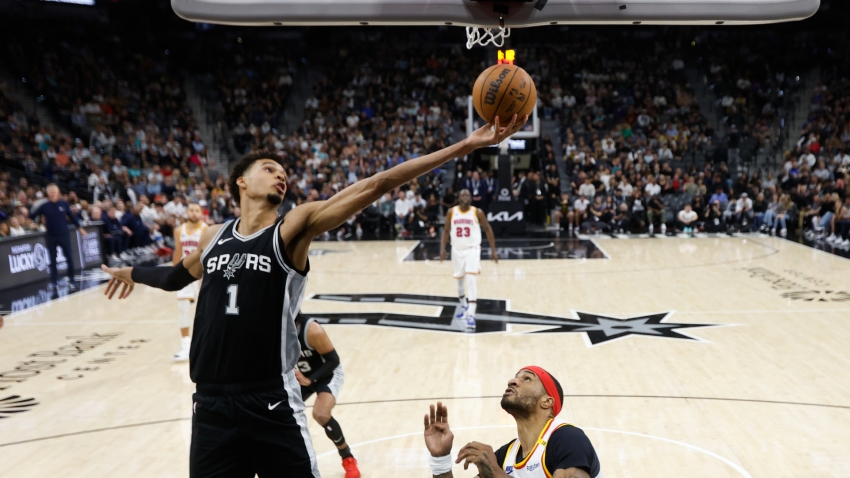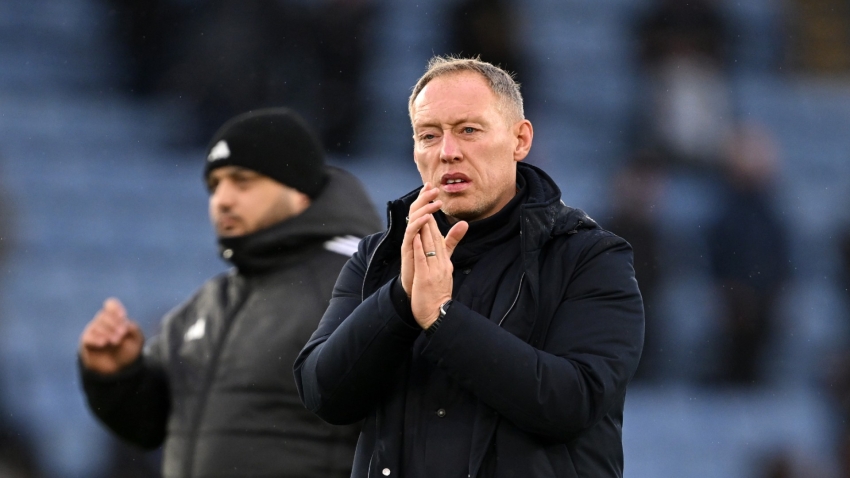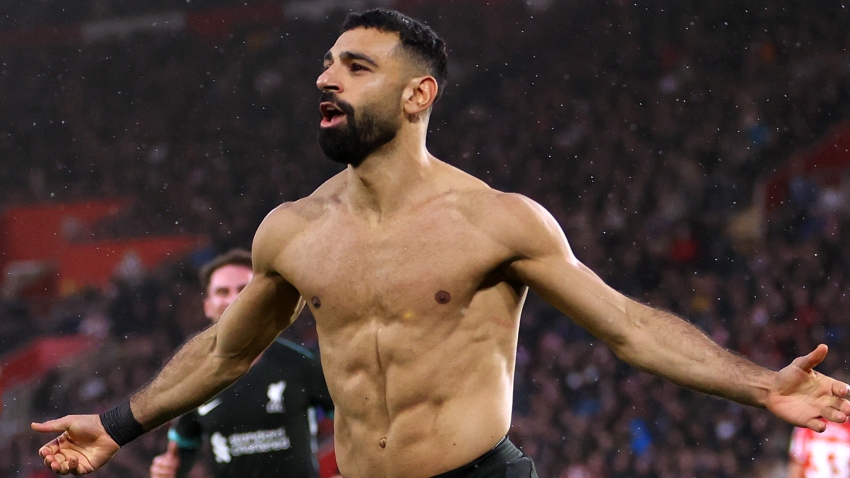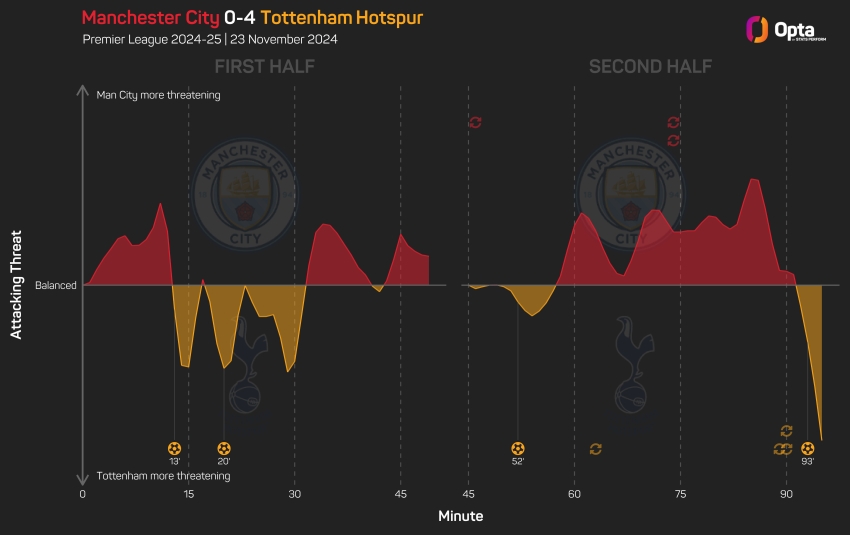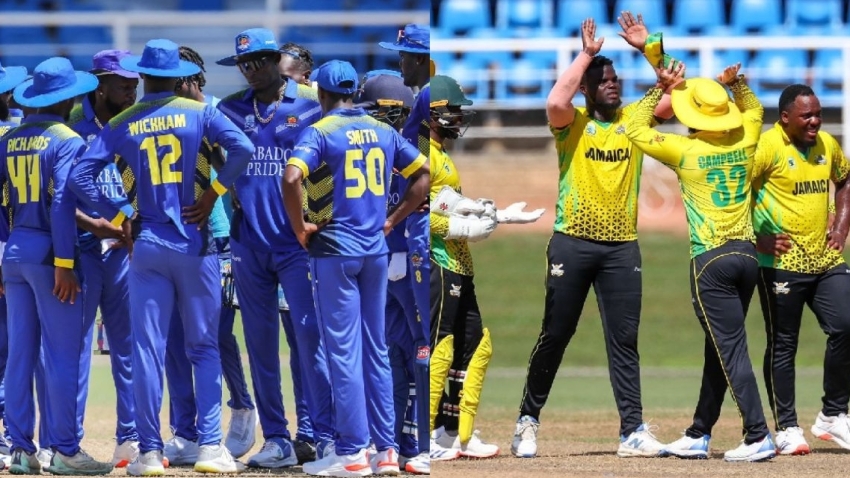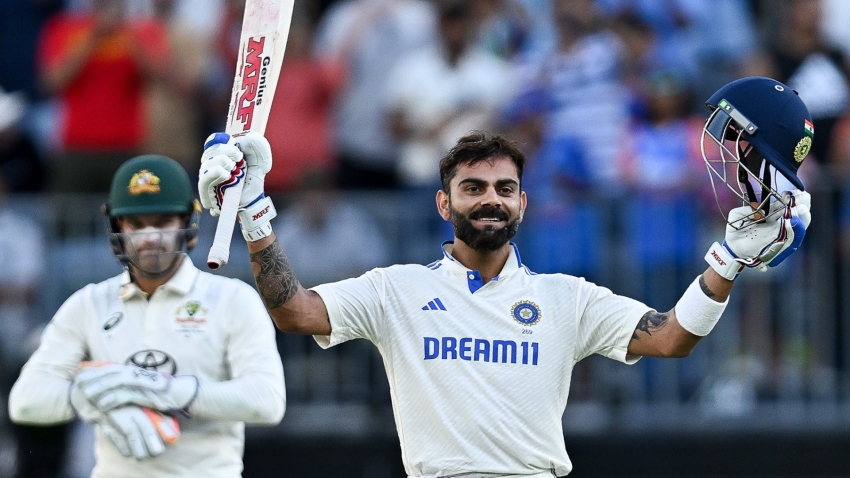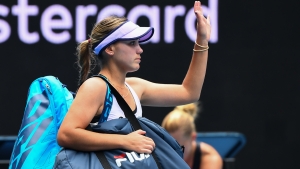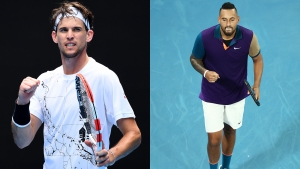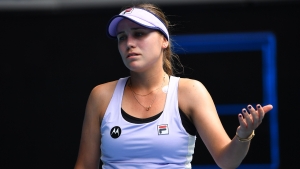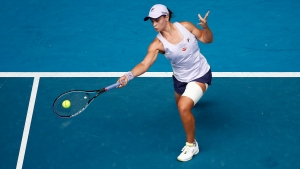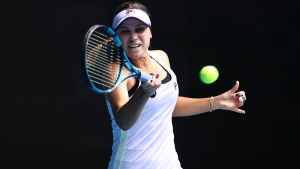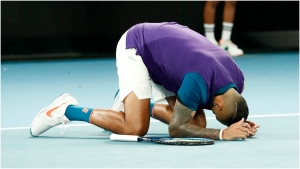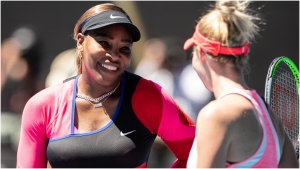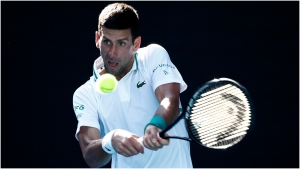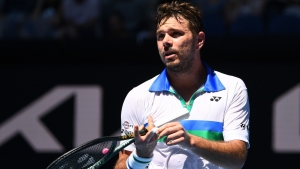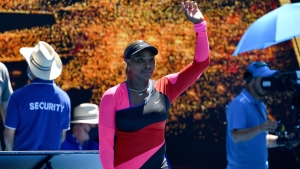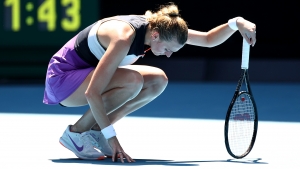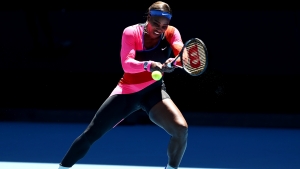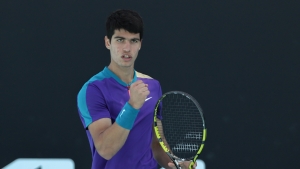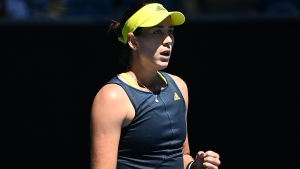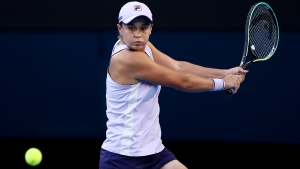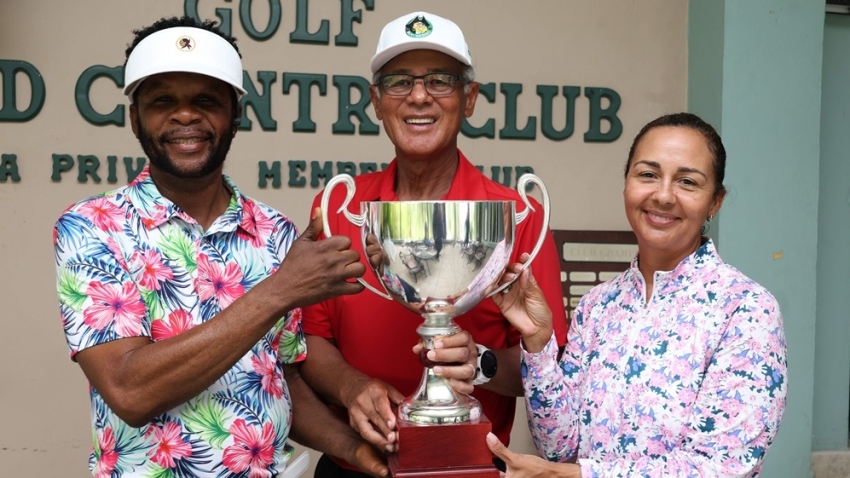A "calmer" Garbine Muguruza made a fine start at the Australian Open, while defending champion Sofia Kenin was left annoyed despite her victory.
A finalist at the Yarra Valley Classic last week, Muguruza's good form in Melbourne continued with a rampant 6-4 6-0 victory over Margarita Gasparyan in the first round on Tuesday.
Muguruza was runner-up at Melbourne Park last year, with the two-time grand slam winner looking for her first major success since 2017.
The Spanish star, who will face Ludmilla Samsonova in the second round, said she was reaping the benefits of a changed approach.
"I was for sure working very hard, and frustrated that the results weren't there for quite a few months. Sometimes you work hard, you want it so much, that doesn't help you," Muguruza said.
"It's hard to explain, but I felt like for a moment I was working hard, I was putting all the effort out there. The time that I had to go and compete, I wanted it too much. I was getting frustrated too early. At the end I couldn't let the racquet talk.
"I feel like now, after that experience, I managed to stay a little bit calmer and to just go and compete, probably have less expectations. I'm always, like, there and always so pumped. I'm just knowing myself a little bit better now, finding ways to compete and not let that energy and that desire, too much desire, get in the way probably."
It was a relatively good day for the top women's seeds, with Kenin – who conquered Muguruza in last year's final – winning through.
Ash Barty, Elina Svitolina, Karolina Pliskova and Belinda Bencic also advanced, while Victoria Azarenka's poor recent record in Melbourne continued.
KENIN ANNOYED DESPITE WIN
Kenin started her title defence with a 7-5 6-4 victory over Australian Maddison Inglis.
But while the American fourth seed mixed 23 winners with 27 unforced errors, Kenin said she felt her nerves as she defends a major crown for the first time.
"I was obviously quite annoyed the whole match. I felt like the first two points I started off well, then wasn't able to close out the first game. Obviously nerves happen," she said.
"She obviously played really well. She's a tricky opponent, tricky player. Yeah, it was quite hard on myself today, quite annoyed, as you said."
Kenin's next clash is a tough encounter against Kaia Kanepi, who brushed past Anastasija Sevastova 6-3 6-1.
BARTY, SVITOLINA AND PLISKOVA AMONG WINNERS
Barty made a spectacular start with a 6-0 6-0 thrashing of Danka Kovinic.
The world number one won the first 16 points and ended up losing just 10 for the match in an impressive start.
A two-time quarter-finalist at the Australian Open, Svitolina was tested but overcame Marie Bouzkova 6-3 7-6 (7-5) on Rod Laver Arena.
A huge challenge awaits Svitolina, who will next face Coco Gauff after the 16-year-old American beat Jil Teichmann 6-3 6-2.
Czech sixth seed Pliskova made quick work of Jasmine Paolini, wrapping up a 6-0 6-2 victory in just 47 minutes.
Bencic and Anett Kontaveit were among the other seeded winners.
NO EXCUSES FOR AZARENKA
A two-time Australian Open champion, Azarenka suffered a surprise 7-5 6-4 loss to Jessica Pegula in the first round.
The Belarusian's last win at the event came in 2016, having made first-round exits in 2019 and 2021 and missed the tournament in 2017, 2018 and 2020.
Azarenka was among the players forced to quarantine ahead of the major and while she said it played a part in her exit, she offered no excuses.
"Of course, it has impacted. Somebody who's coming out of hard quarantine and maybe has been able to adjust well, they'll go, 'Oh, maybe it hasn't impacted'. Somebody who lost early will say, 'Yeah, of course, it's impacted'. It would be hard to say," she said.
"Was that the best preparation for me? No. But try to sit here and find an excuse because of quarantine and this is just something that, as I said, it is what it is.
"I am disappointed that I wasn't able to perform that I knew I could. That's a bit hard to accept today because I knew I can play better, a lot better. At the same time I feel that I've tried everything I can to be able to be prepared, but unfortunately that hasn't worked out for me."
Greek 20th seed Maria Sakkari also bowed out after a loss to Kristina Mladenovic, while British 13th seed Johanna Konta retired injured while leading Kaja Juvan 6-4 0-2.


